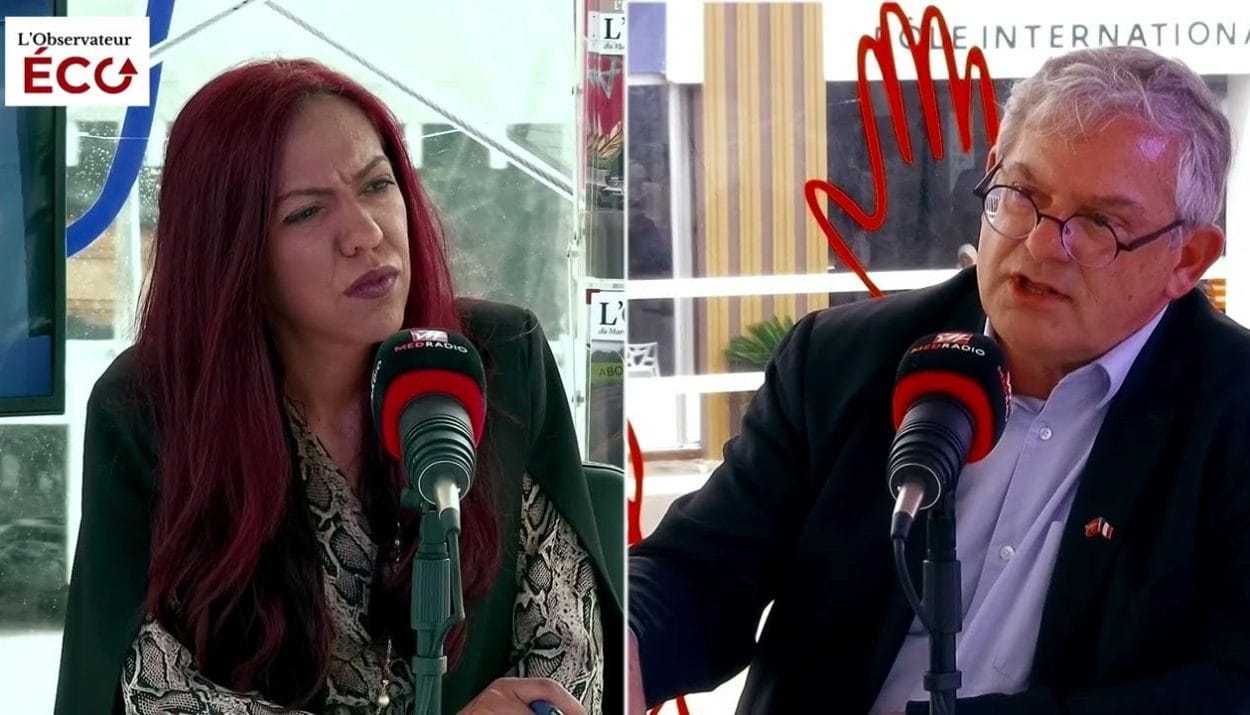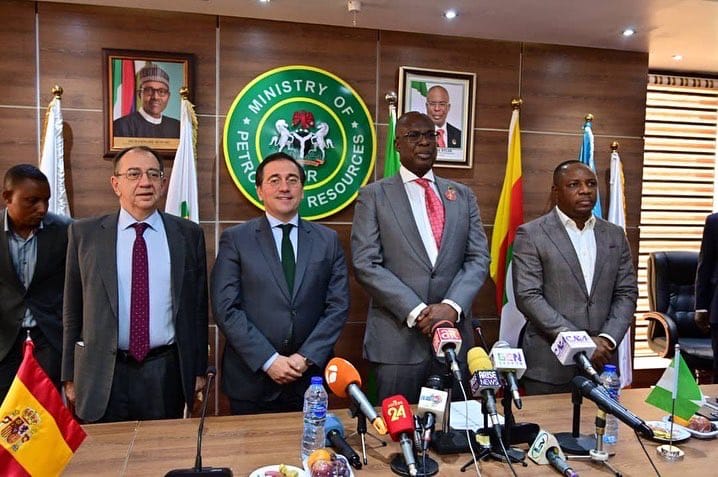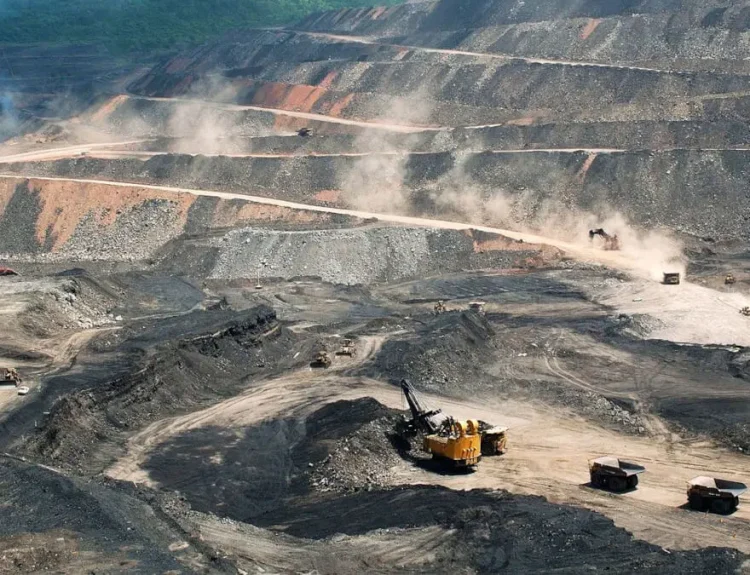The 17th edition of the International Agriculture Fair in Morocco (SIAM) welcomed France as the guest of honor, reinforcing the historical ties and future-oriented cooperation between Rabat and Paris in the agricultural sector. On this occasion, L’Observateur Éco interviewed Bertrand Webrecht, Deputy Agricultural Affairs Adviser at the French Embassy in Morocco.
"It is the result of a joint agricultural year, decided by the Ministers of Agriculture of France and Morocco," explains Bertrand Webrecht. After hosting Morocco at the Paris Agriculture Fair, France is now the guest of honor in Meknes, before Morocco is celebrated next October at the Livestock Summit in Cournon-d’Auvergne. A dynamic that deepens exchanges and strengthens partnerships between the two countries.
The French delegation present at SIAM 2025 reflects this commitment: over fifty companies and around 300 representatives — from public institutions, research bodies, training organizations, and the private sector — are attending to promote innovation, investment, and cooperation.
A cooperation evolving with climate challenges
Rooted in history, Franco-Moroccan agricultural cooperation is evolving in the face of new challenges, foremost among them climate change. “We share common issues,” emphasizes Bertrand Webrecht. The drought affecting certain French regions, such as Perpignan, now mirrors Morocco’s long-standing concerns.
Three main pillars currently structure this collaboration: institutional cooperation between ministries and training and research bodies; support for Moroccan agricultural projects through the French Development Agency (AFD), particularly in the Oriental, Fez-Meknes, and Souss-Massa regions; and partnerships between private sectors, through interprofessional dialogue.
Water, a strategic challenge for the future
In response to the growing water stress, water management is more than ever a top priority for cooperation between Morocco and France. A historical partner of the Kingdom in large dam projects, Paris now aims to strengthen its support, particularly in the areas of desalination and sustainable resource management. "Nowadays, Morocco is more advanced than France in the field of desalination techniques.", acknowledges Bertrand Webrecht. According to him, "The Moroccan program is advancing at great speed. The French companies participating in it are contributing to a true exchange of expertise, enriching the know-how of both sides."
"Morocco is not limited to installing infrastructures; it is developing an integrated approach that combines desalination and agricultural strategy, with iconic cases such as the Chtouka plant." "What they have achieved here is remarkable.""Webrecht emphasizes with admiration."
In this context, French companies are increasingly involved in Moroccan projects, contributing their technology to expand and perfect desalination capacity. But beyond the large plants, it is also a time for innovation: mobile stations, use of renewable energy, wastewater recycling... There are many lines of work that Morocco and France are exploring together. “We are working together to share our approaches on the interface between users and administration, on how to collectively decide on water usage, and on the necessary responsiveness to adapt to climate changes.”“Explains Webrecht.”
These exchanges are currently being realized through new technical and institutional cooperation projects. “We are working on a program for exchanging experiences between French and Moroccan professionals.”, añade.
Livestock farming is also at the heart of the priorities for 2025. "With repeated droughts and the rise in cereal prices, it is crucial to help Morocco rebuild its livestock and adapt its breeding systems.""Webrecht emphasizes."
France-Morocco: Bridges to Africa
The SIAM also confirms Morocco's role as a regional hub. Many African countries are represented, and France, aware of this dynamic, sees Rabat as a strategic partner for its agricultural policy in Africa. "We are not coming alone: we are building bridges with Morocco towards Africa."", notes Webrecht. This approach is reflected in bilateral partnerships, as well as participation in African networks, such as the one dedicated to agricultural and rural training, which brings together 19 countries under a coordination based in Montpellier." "Morocco plays a key role, with a very active Moroccan vice-president.", he specifies.
On the ground, Franco-Moroccan coordination is also being strengthened through concrete projects. “Queremos ir más allá de lo bilateral: lanzar iniciativas conjuntas en África”“Explains Webrecht.”
Agreements and a promising future
SIAM 2025 was marked by the signing of two landmark agreements. The first links INRA with the French CIRAD in the field of agronomic research. The second brings together the Moroccan olive interprofession with a French association specializing in the promotion of olive cultivation. "Olive cultivation is becoming a response to climate change, even in France. Moroccan nurserymen can support this evolution.", observa Webrecht.
"And this is just the beginning: a new agreement between INRA Morocco and INRAE France is expected by the end of the year, with the presence of the Ministers of Agriculture. At the same time, other initiatives are being shaped to implement the roadmap signed in 2024, which includes sustainable water management, institutional exchanges, and support for agricultural investment."
Confiado, Webrecht celebra la calidad de esta relación: “Las relaciones agrícolas franco-marroquíes son sólidas y dinámicas. Incluso en los períodos de tensión, la cooperación nunca se ha interrumpido. Compartimos visiones, métodos y una gran cercanía profesional.”
Article source: lobservateur





